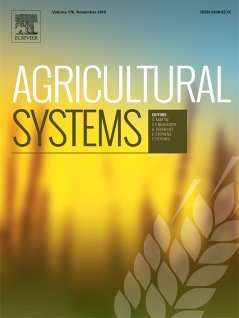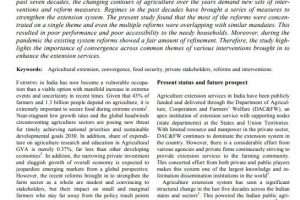The COVID-19 pandemic has seriously affected the agrarian and remittance-based economy of Nepal. Dwindling the employment opportunities and disrupting the food production and distribution channels, the pandemic has further exacerbated the unemployment and food insecurity situation. Providing employment opportunities and livelihood support to pandemic-affected households has, therefore, become increasingly challenging but a necessary priority to the government. Therefore, to build a sustainable and resilient economy that generates employment and enhance agricultural productivity, revitalization of the constraints-ridden agriculture sector is essential as it still contributes 65% and 24.3% to employment and Gross Domestic Product, respectively. Against this backdrop, this paper presents major pathways and priority actions to rebuild and revitalize the growth of the agricultural sector in Nepal while addressing the challenge posed by the pandemic to generate employment and income-earning opportunities. We emphasize the need for scale-appropriate strategies, programs and plans to build resilience of production, supply chains, and agribusiness systems. We conclude that the government should initially focus on targeted priority interventions to the pandemic-affected farmers and agro-entrepreneurs, and strengthen their productive, competitive, and adaptive capacities. These need to be followed by long-term strategies such as development of agricultural infrastructure, innovative policies, legal instruments, and institutional arrangements, including strengthening of the recently established local governments in line with the federal structure of Nepal.
Pathways for building resilience to COVID-19 pandemic and revitalizing the Nepalese agriculture sector





Add Comment